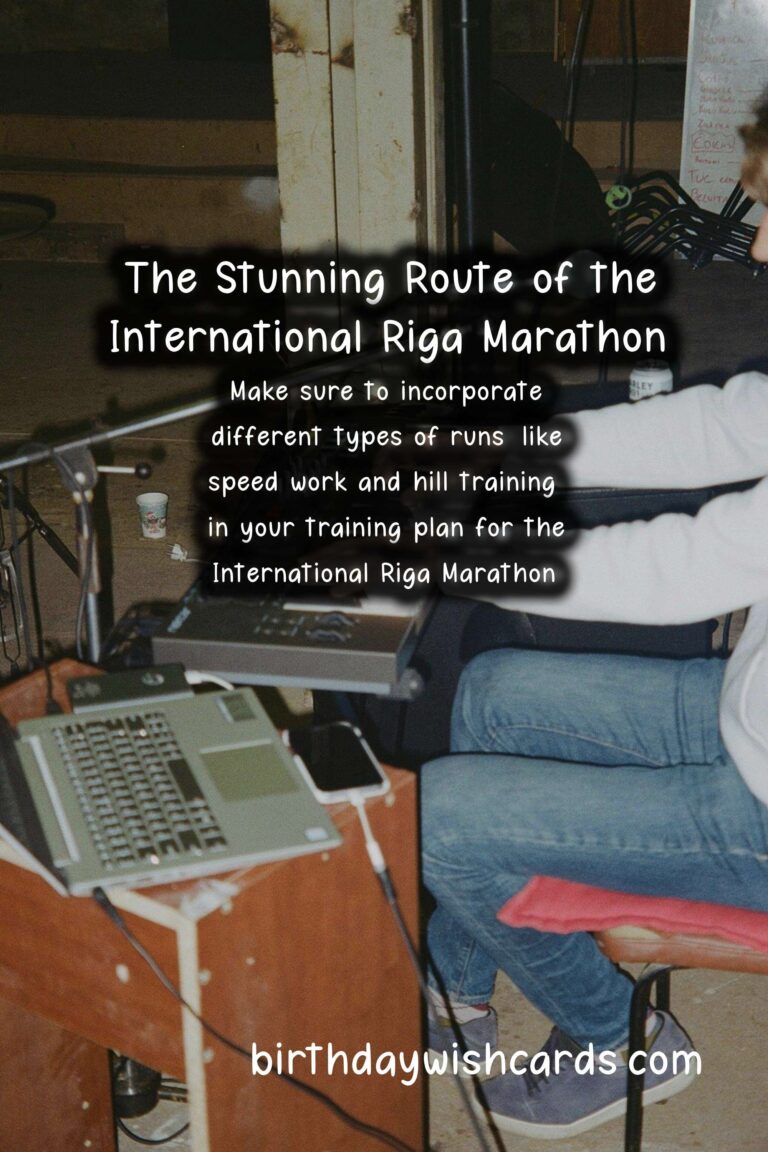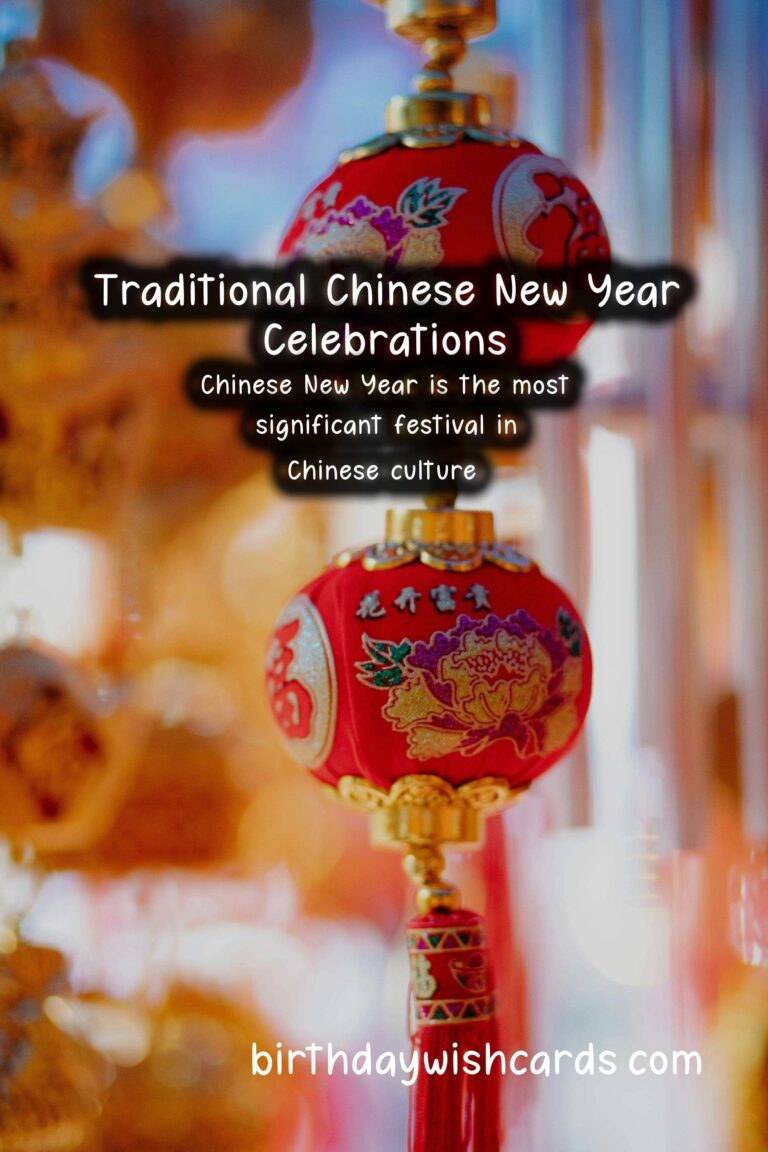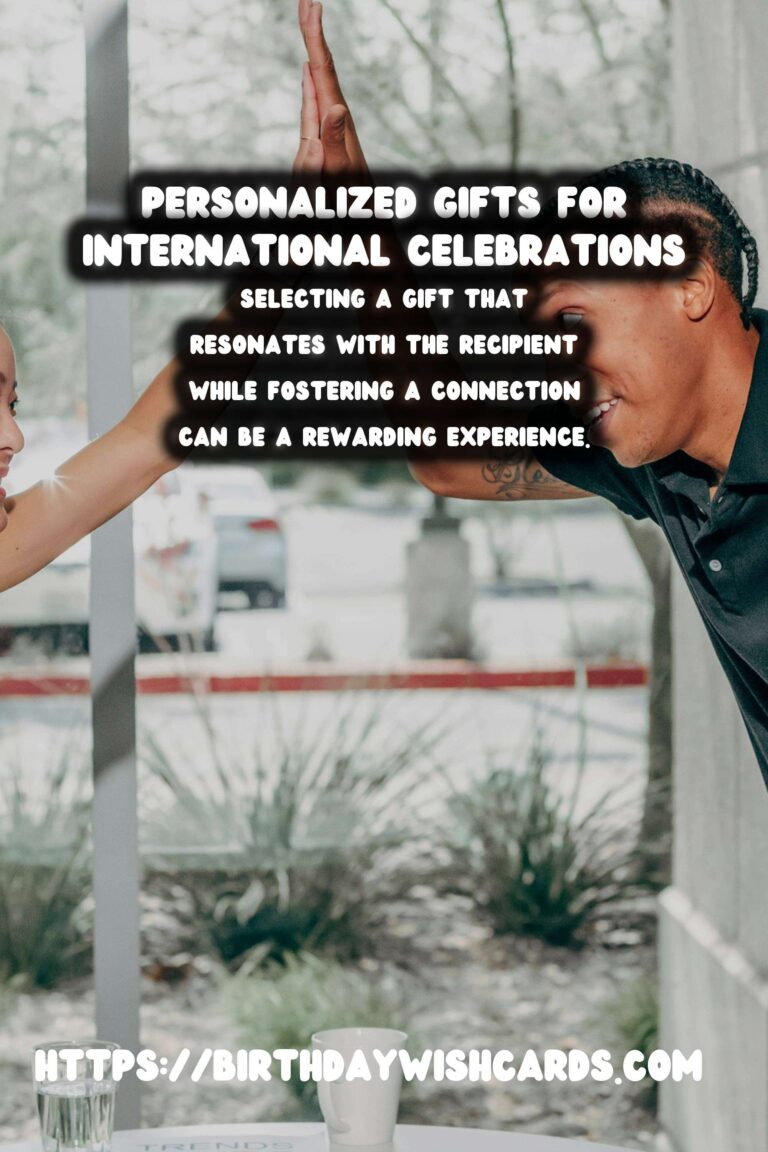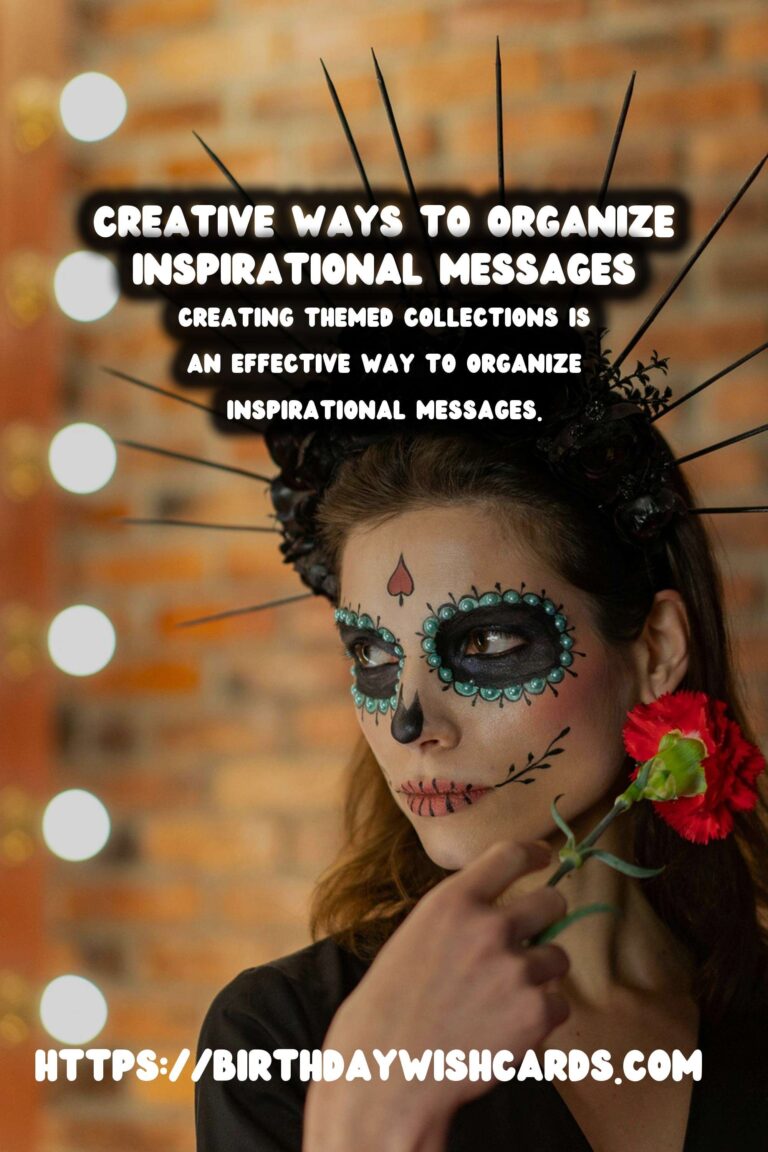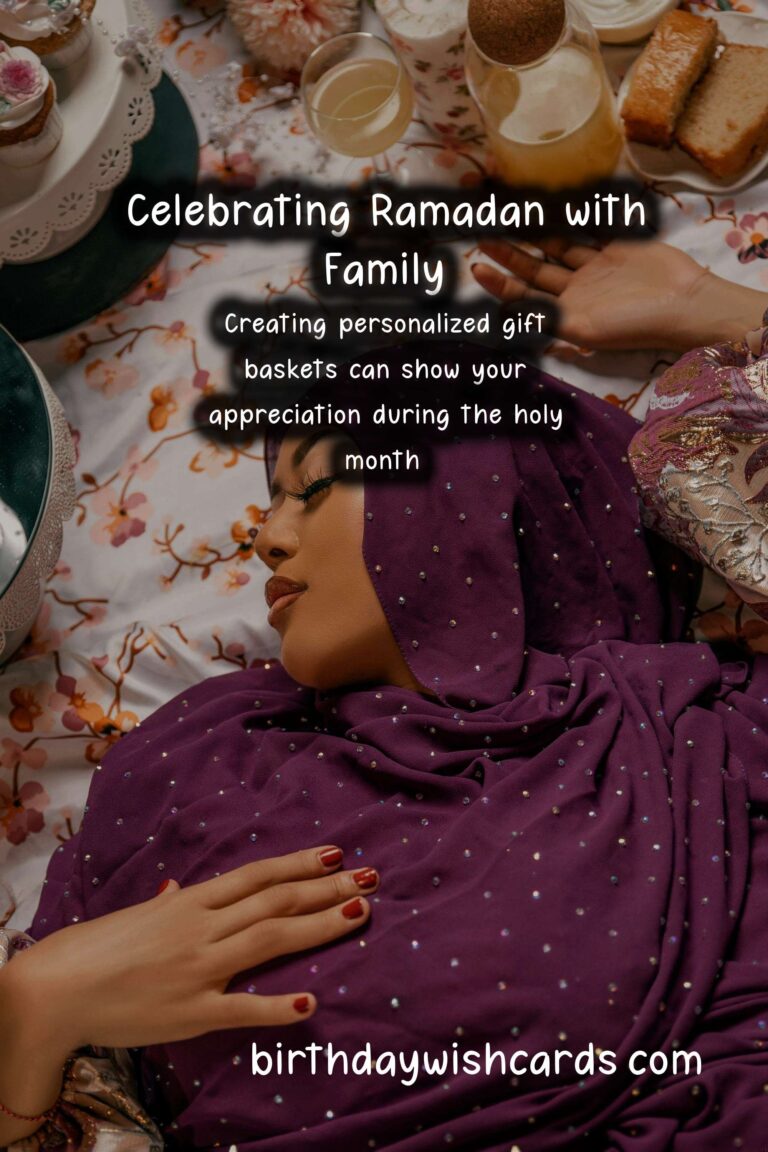Unique Ways to Prepare for Cultural Celebration Tips
Unique Ways to Prepare for Cultural Celebration Tips
Celebrating diverse cultures is a wonderful way to enrich our lives and foster understanding among different communities. Whether you’re organizing a small gathering or a large event, preparing it as a cultural celebration can be a rewarding experience. In this article, we will explore unique ways to prepare for cultural celebrations that will not only make your event memorable but also educational and enjoyable for everyone involved.
Understanding the Importance of Cultural Celebrations
Cultural celebrations allow people to connect with their heritage and share their traditions with others. They serve as an opportunity to appreciate the beauty of diversity and to learn about different customs, foods, and art forms.
Furthermore, cultural celebrations can strengthen community bonds and promote inclusivity. It’s vital to plan these events thoughtfully, ensuring that they honor the cultures being represented while also making room for education and interaction.
1. Research and Respect
Before organizing a cultural celebration, the first step is thorough research. Understanding the cultural aspect you want to celebrate is crucial. This includes:
- Historical Context: Knowing the history behind the celebration can enrich the experience for attendees.
- Traditions and Customs: Familiarize yourself with the traditions associated with the celebration.
- Language: Consider incorporating aspects of the language, such as greetings or phrases.
It is essential to approach the planning process with respect and sensitivity to avoid cultural appropriation. Consulting members of the community can provide valuable insights and guidance.
2. Immersive Experiences
One unique way to prepare for a cultural celebration is by creating immersive experiences. This includes:
- Interactive Workshops: Host workshops where participants can learn traditional crafts, cooking, or dances.
- Cultural Performances: Invite local artists to perform traditional music or dance, allowing attendees to experience the culture first-hand.
- Culinary Experiences: Introduce attendees to authentic food preparation demonstrations or tasting sessions.
These experiences deepen understanding and create lasting memories.
3. Themed Decorations
Decorations play a significant role in setting the atmosphere for any celebration. For a cultural celebration, consider:
- Symbolic Colors: Utilize colors that hold significance within the culture you are celebrating.
- Traditional Artifacts: Display cultural artifacts or art that reflect the community’s heritage.
- Interactive Decor: Create spaces where attendees can engage with the decorations, such as writing messages in a traditional style.
These visual elements communicate the essence of the culture being celebrated.
4. Authentic Food Options
No cultural celebration is complete without food. Here are some tips for incorporating authentic cuisine:
- Catering from Local Restaurants: Support local businesses that specialize in the cuisine of the culture you are celebrating.
- Cooking Competitions: Organize a friendly cooking competition where attendees can showcase their culinary skills with traditional recipes.
- Recipe Cards: Provide attendees with recipe cards so they can replicate the dishes at home.
Food is a universal language that can bring people together and build connections.
5. Curated Music Selection
Music enhances the festive atmosphere of any cultural celebration. Consider these options for your playlist:
- Traditional Music: Include music genres and artists from the culture you are highlighting.
- Diverse Genres: Mix genres to keep the atmosphere lively and engaging.
- Live Music: If possible, hire local musicians to provide live entertainment, immersing attendees in the cultural experience.
The right music can evoke emotions and enhance the celebration.
6. Educational Programs
To truly honor a culture, providing educational content can be incredibly beneficial. Ideas include:
- Guest Speakers: Invite experts to talk about the culture, its history, and significance.
- Documentary Screenings: Show documentaries relevant to the culture’s history and current matters.
- Q&A Sessions: Engage attendees with interactive Q&A segments to clarify doubts and foster discussions.
Education promotes understanding and appreciation, setting the foundation for respect.
7. Community Involvement
Including local community members in the planning and execution of the event is essential. Here’s how:
- Volunteer Opportunities: Encourage community members to volunteer for various roles during the celebration.
- Collaboration with Local Groups: Partner with local cultural organizations for support and resources.
- Feedback Mechanisms: Create a way for attendees to share their thoughts and experiences, allowing for continuous improvement.
This involvement ensures the celebration truly reflects the community and culture.
8. Marketing and Promotion
Effective marketing can help attract a diverse audience. Here are some strategies:
- Social Media Campaigns: Utilize platforms to share stories, cultural insights, and event details.
- Collaborate with Influencers: Work with local influencers who respect and understand the culture to promote the event.
- Flyers and Posters: Distribute physical marketing materials in community centers and local businesses.
A strategic marketing plan will broaden your reach and invite more attendees to participate in the celebration.
9. Sustainable Practices
In today’s world, sustainability should be a priority during any event. Consider:
- Eco-Friendly Materials: Use biodegradable or reusable materials for decorations and utensils.
- Waste Management: Have clear waste disposal options to minimize environmental impact.
- Support Local & Organic: Source food and supplies from local and organic providers.
Implementing sustainable practices will reflect the values of understanding and respect for the world we live in.
10. Follow-Up After the Celebration
Post-event activities are just as crucial for the success of cultural celebrations. Consider the following:
- Thank You Notes: Send out thank you notes to participants, volunteers, and speakers.
- Surveys: Use surveys to gain feedback on the event, identifying areas of improvement for future celebrations.
- Share Highlights: Post-event, share photos, videos, and testimonials to keep the conversation alive and engage with attendees.
These follow-up actions help maintain relationships and encourage future participation.
Conclusion
Preparing for a cultural celebration involves thoughtful planning, creativity, and community involvement. By implementing these unique tips, you can create an outstanding event that honors and showcases the richness of culture. Remember, culture is a tapestry woven from the threads of history, tradition, and the spirit of the people, so celebrate it with respect and joy.
Celebrating diverse cultures is a wonderful way to enrich our lives and foster understanding among different communities.
Before organizing a cultural celebration, the first step is thorough research.


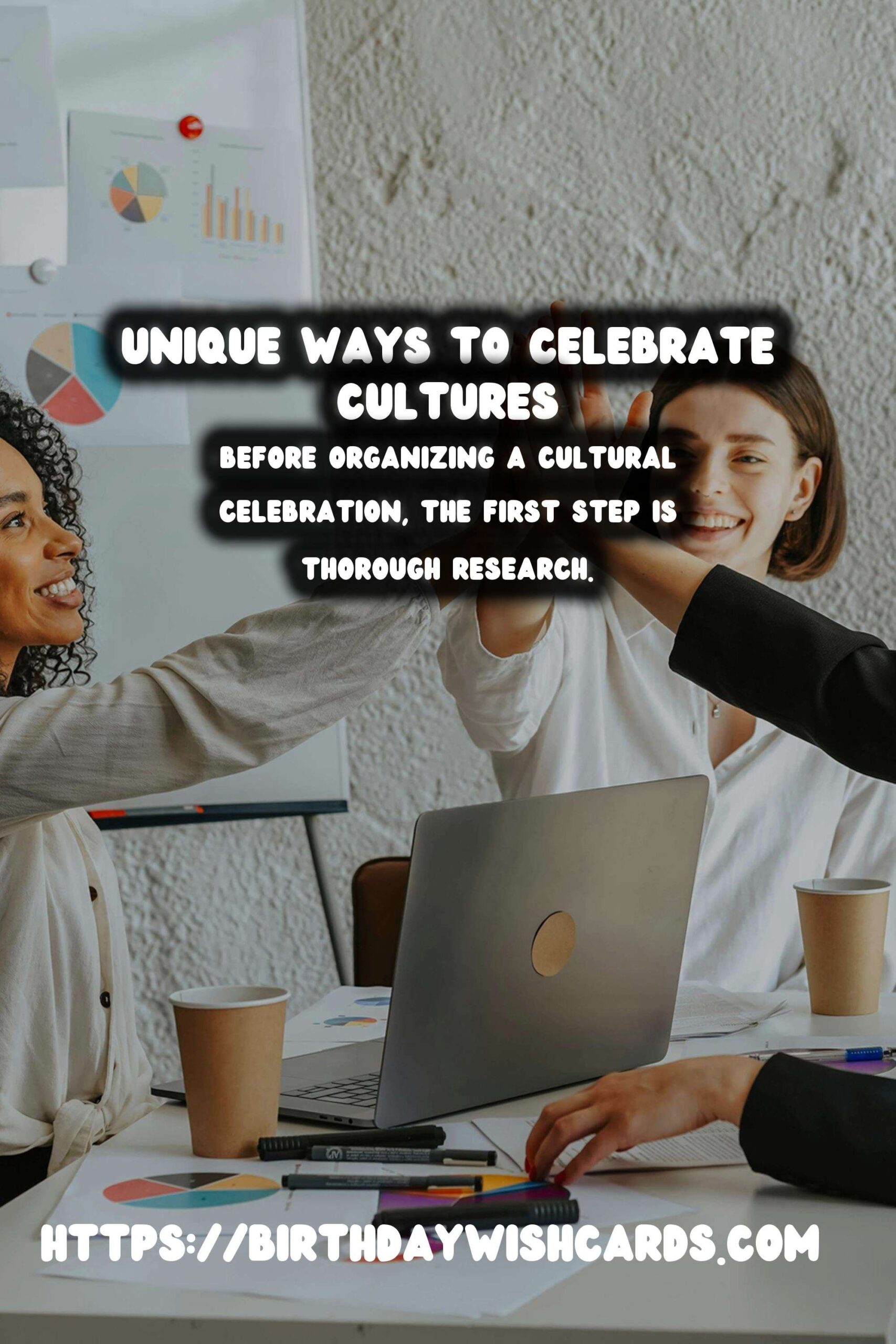


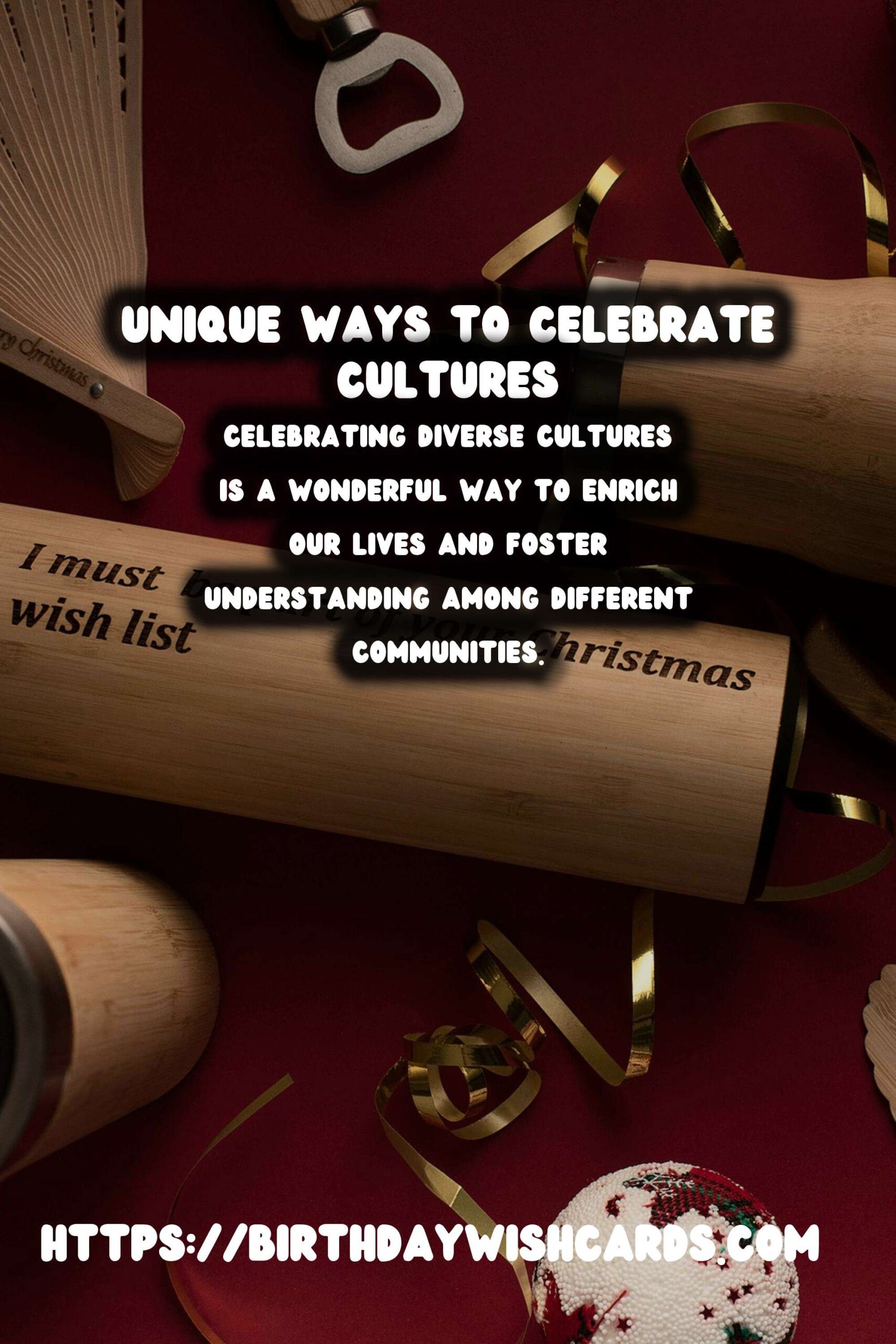

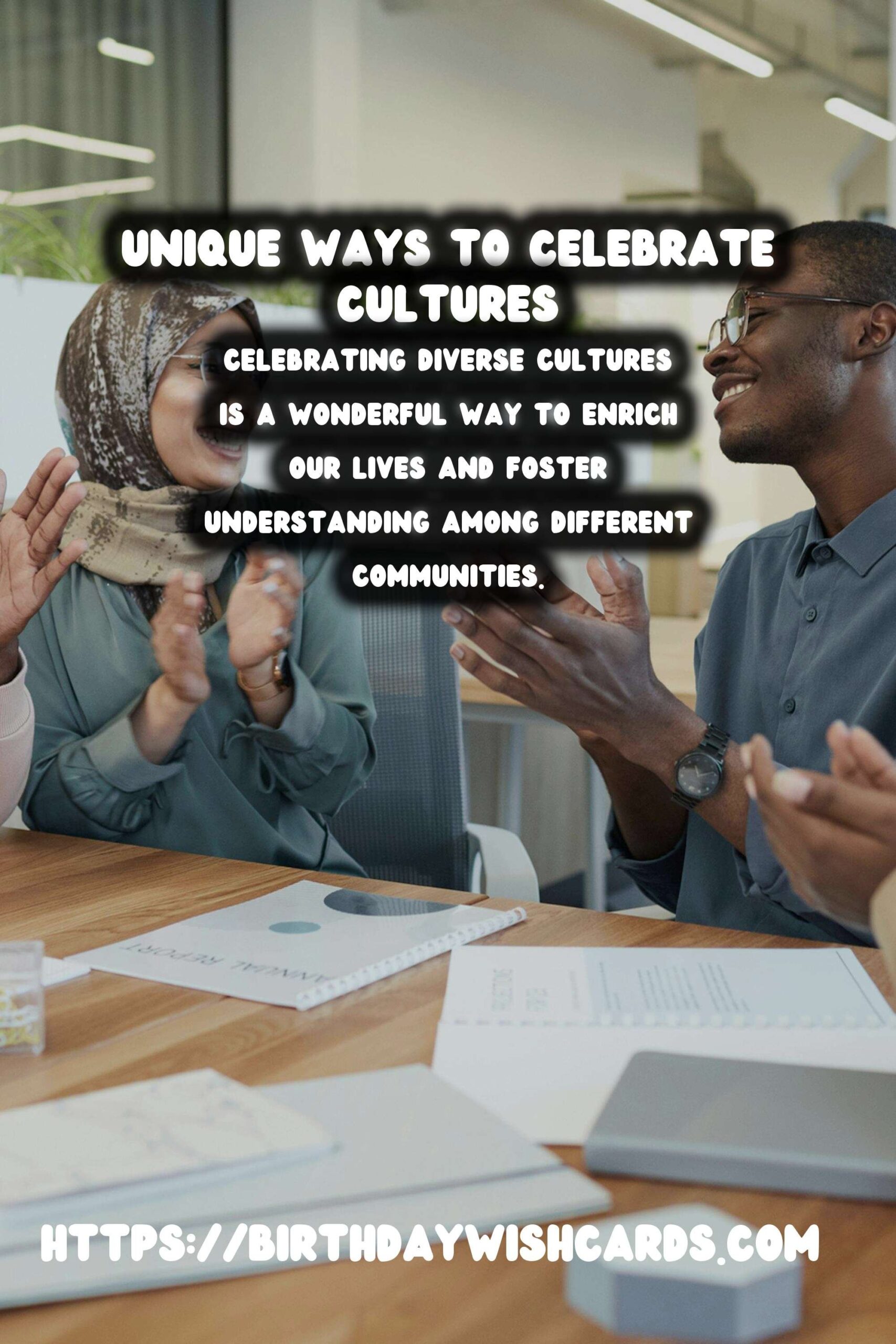


#CulturalCelebration #Diversity #Heritage #Traditions #Community

